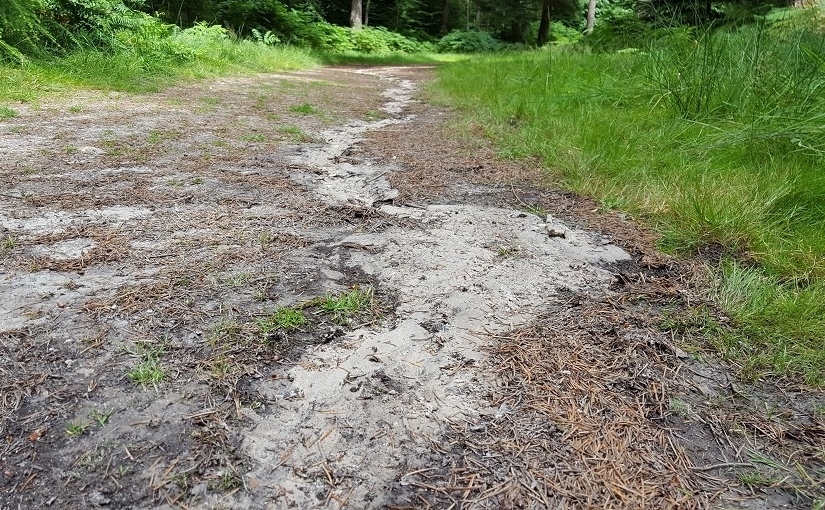In life, there are those who seem pretty “perfect” without much effort – the naturally beautiful, intelligent or otherwise “gifted” people. And, in a world that values perfection regardless of its backstory, these personal assets can make or break us from a young age. As children we know it isn’t “fair”, that it’s profit and praise based on little we’ve actually “done”, so what are we saying here?
This obviously taps into the ants’ nest of contentious conversations around nature, nurture, inequality and privilege within society – all the ways we’ve created or sustain systems that reward innate rather than developed attributes. It’s part of this whole conversation about the meaning of life, value of human existence and what we can offer the world. As if we have to have something to give.
Maybe it’s simply the essence of collective systems? This “give and take” of resources, abilities, needs. We live in systems that value certain things and put a price on others – systems of meaning and of transaction. Existing within society, we’re effectively born into this social balance sheet; and, given how society’s set up, we can perhaps see what “our chances” are.
It’s a weird system, a calculated and deterministic way of looking at life, and it’s hard to argue we’re not playing with a stacked deck. This is people, the world that meets them, and the values placed at the centre of that picture. We’re playing with “the worth of human life” and living through the consequences.
But society, naturally, requires our engagement and benefits from what we have to offer. The way that’s structured and situations its encouraging are without doubt imperfect, but the central premise of individuals working together for common ends isn’t of itself inherently problematic. The value to be gained from human cooperation must “be” the essence of community (Notes One).
If we could create perfect systems for “containing” human life we’d presumably solve problems before they arose, guiding people into a world of total harmony. Idealistic, I know, but isn’t that the nature of thought? To imagine what might be possible if we could just understand enough to get there?
In reality, it seems there are those able to get ahead of themselves and chart a good course through life, then those who learn the hard way. As if some understand in advance what others only see when it’s left in their wake.
Difficulty, though, brings insight and capacity. Making mistakes, we can understand more about life and how to do better. Struggling, we don’t know something or it doesn’t make sense; overcoming that, we move to a deeper, more real feeling for self, society and the processes of transformation (Notes Two).
It seems true that those with innate skills may perform them unconsciously, without awareness of what’s happening or why it matters. Once you’ve grappled with learning what didn’t come naturally, it’s something you’ll know and value intimately. In a way, imperfection might be perfection waiting to happen – once we’ve figured it out.
Notes and References:
Note 1: What you’re left with
Note 1: Human nature and community life
Note 1: “Quest for a Moral Compass”
Note 1: The power of understanding
Note 1: What really matters
Note 2: Absolute or relative value
Note 2: Problems & the thought that created them
Note 2: Is anything obvious to someone who doesn’t know?
Note 2: Dealing with imperfection
Note 2: Making adjustments
Touching onto notions of idealism and disappointment, there’s Dystopia as a powerful ideal.










